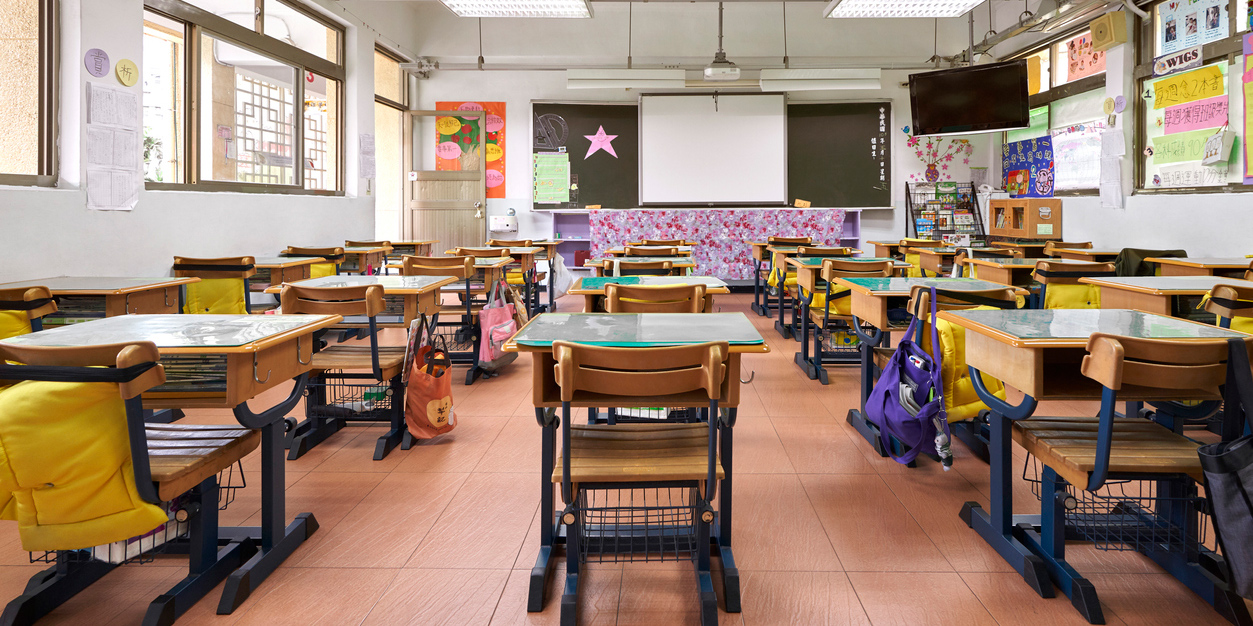School choice is a controversial topic. Some argue that more choice for students puts competitive pressure on the previously monopolistic traditional public schools to improve. Critics argue that choice programs harm traditional public schools by robbing them of essential per-pupil funding and the best and brightest students.
Both public and private school choice programs continue to grow across the country. Thus, it is important to understand how school choice impacts the quality of education. Ultimately, the effect that choice has on traditional public school quality is an empirical question to be answered with data. A new paper by Northwestern’s David Figlio, UC-Davis’s Cassandra Hart, and Emory University’s Krzysztof Karbownik sheds new light on this issue. They present compelling evidence that competition from a large and rapidly growing private school voucher program in Florida substantially improved the quality of nearby public schools.
The researchers look at the effect of the increased competition resulting from the expansion of the Florida Tax Credit (FTC) program. The FTC is funded by dollar-for-dollar tax credits for donations from individuals and corporations that provide private school scholarships for low-income students previously enrolled in public schools. The program has grown over time as the income threshold was lowered and program funding increased, and it became large enough to place substantial pressure on public school enrollments. The program grew from funding about 12,000 students to attend 924 schools across the state in 2004 to funding about 109,000 students (about 4 percent of Florida’s enrollment) attending 1,818 private schools in 2018.
It is important to note that program participation did not expand equally across the state. In part that’s because some areas have more local private school options that can compete for public school students. The research design exploits differences in the competitive pressure that public schools across the state faced from FTC. Examples of measurements of competitive pressure include the number of private schools nearby, the number of nearby private school students, and the number of religious denominations operating nearby private schools.
The researchers find a relationship between the level of competitive pressure that a public school faced from the expanding FTC program and better student outcomes in public schools. Competitive pressure from the voucher program led to substantially higher math and reading scores and also to fewer absences and lower suspension rates. These effects were largest for students eligible for free or reduced-price lunch; that is, students who were eligible for the FTC voucher. This fact provides additional confidence that the effect derives from public schools responding to competitive pressure to keep students. The results are similar regardless of the measurement of competition employed.
These compelling results from Florida add to a fairly extensive literature evaluating the effects of school choice expansion on traditional public school quality. In general, prior studies find that expanding school choice programs has either no effect or a small positive effect on the outcomes of students who remain in traditional public schools, though there is substantial variability in the results. Expanding school choice may not have fulfilled its early promise, and it is clear that it isn’t a panacea for improving America’s educational system, but it certainly hasn’t destroyed traditional public schools by robbing them of resources and the best students as critics predicted.
Marcus A. Winters is a senior fellow at the Manhattan Institute and an assistant professor at the Boston University. Follow him on Twitter here.
Interested in real economic insights? Want to stay ahead of the competition? Each weekday morning, e21 delivers a short email that includes e21 exclusive commentaries and the latest market news and updates from Washington. Sign up for the e21 Morning eBrief.
Photo by Morsa Images/iStock
